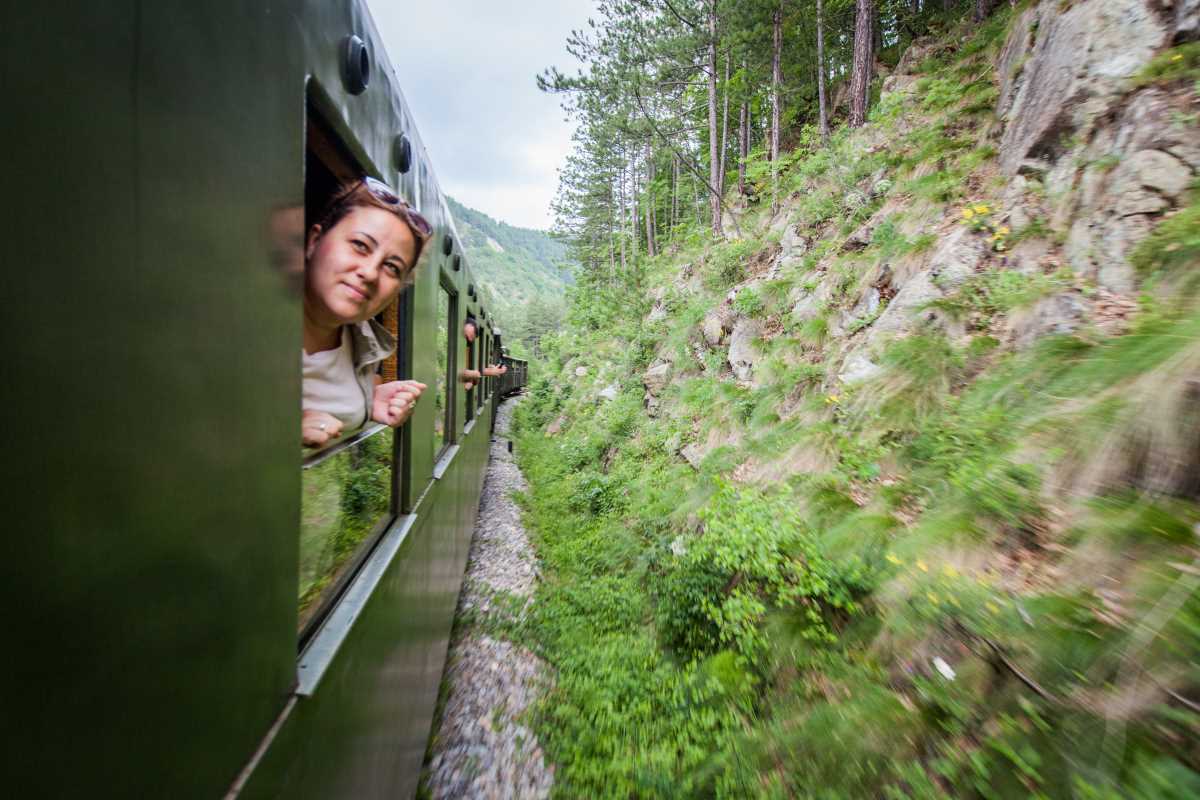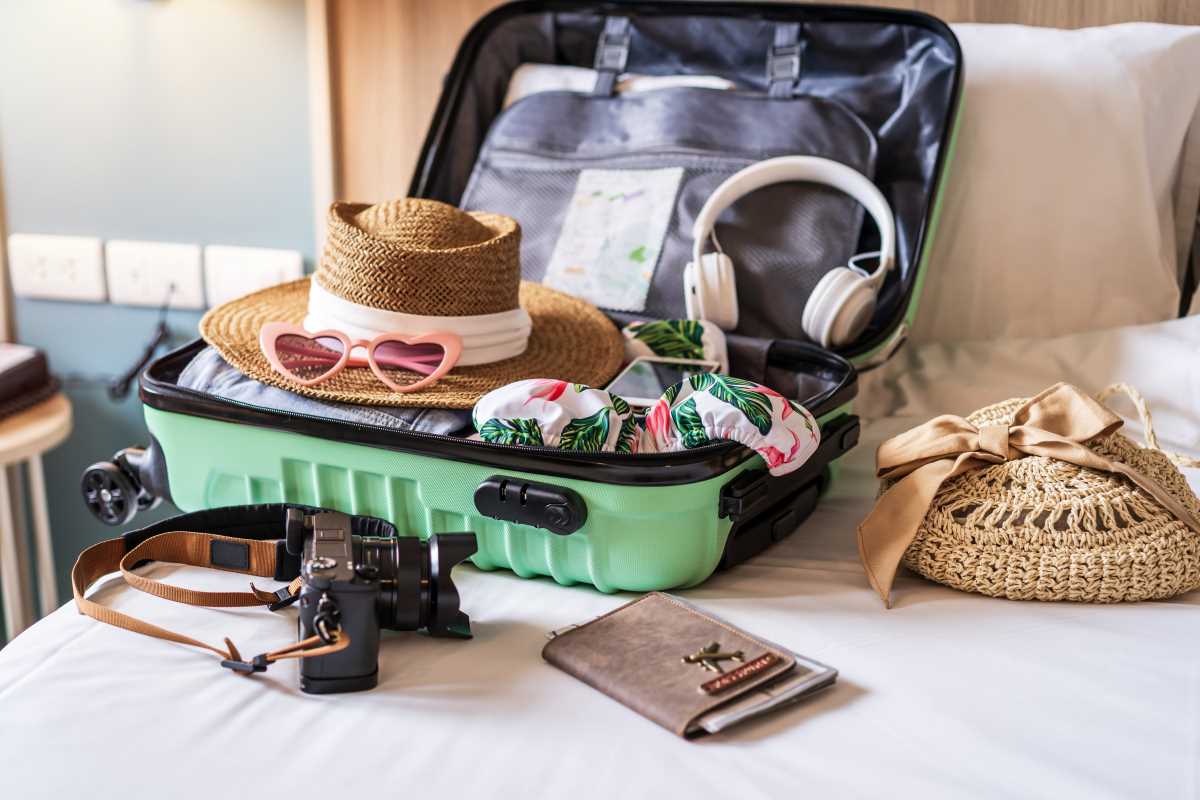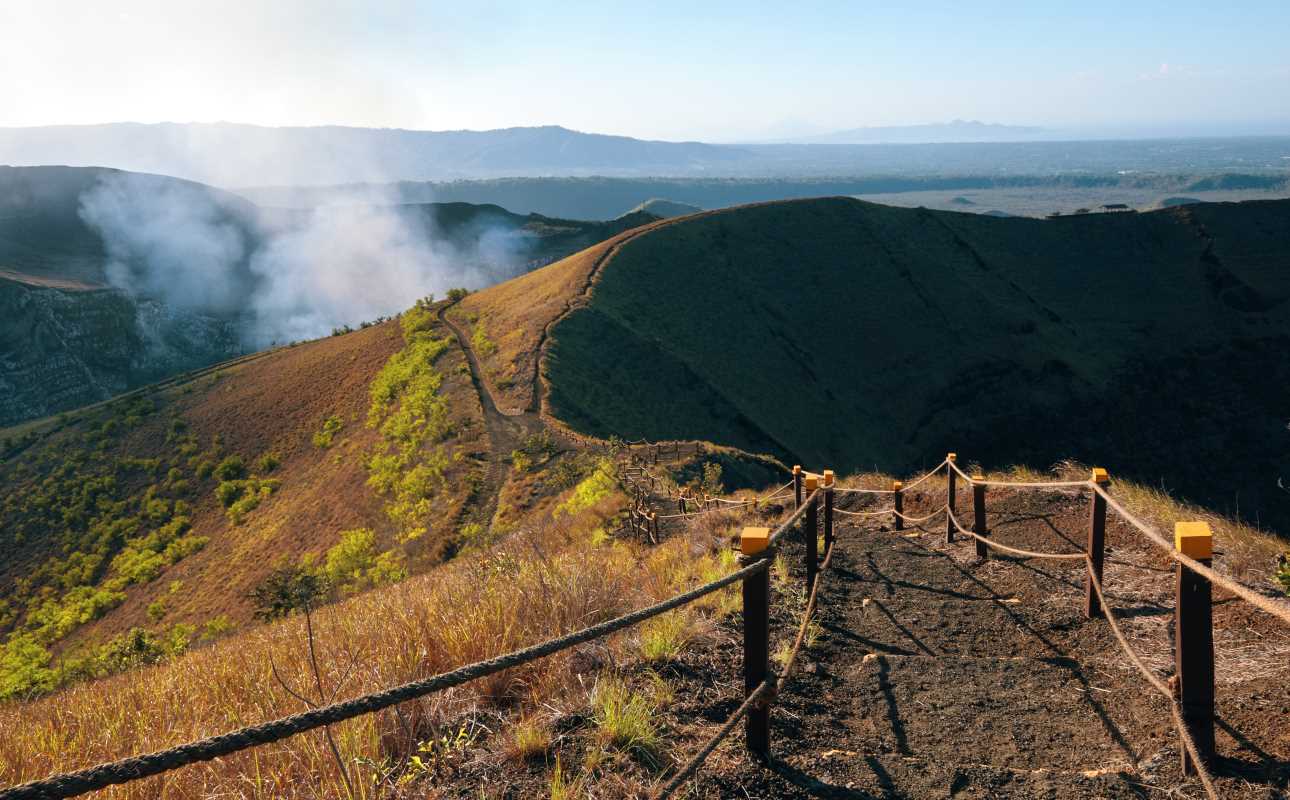Visualize yourself journeying through the breathtaking scenery of Europe, all while minimizing your environmental impact. Zero-waste rail travel offers a unique opportunity for eco-minded explorers to discover the continent in a sustainable manner. Opting for train travel instead of other transportation methods not only lowers your carbon footprint but also aligns with the principles of slow travel. This mindful approach allows you to truly appreciate each moment and every destination. As you glide through charming towns and stunning landscapes, you embrace a more meaningful and responsible way to see the world, ensuring that the only thing you leave behind are cherished memories.
Slow travel emphasizes taking your time, immersing yourself in local cultures, and minimizing environmental impact. This approach allows you to connect more deeply with the places you visit, making your travels both meaningful and sustainable.
The Eco-Friendly Appeal of Rail Travel
Rail travel stands out as one of the most sustainable ways to explore Europe. Trains produce significantly fewer carbon emissions compared to cars and airplanes, making them an excellent choice for environmentally conscious travelers. Many European rail networks invest in greener technologies, further reducing their ecological footprint.
Choosing the train aligns perfectly with an eco-friendly lifestyle. It encourages you to travel lighter, consume less, and engage more thoughtfully with your surroundings. By opting for rail over more polluting forms of transport, you help preserve Europe's natural beauty for future generations.
Preparing for a Zero-Waste Journey
Embarking on a zero-waste rail journey requires some thoughtful preparation. Here are practical tips to help you minimize your environmental impact:
- Packing: Bring reusable items such as a water bottle, coffee cup, and utensils. Use cloth bags instead of plastic and pack light to reduce waste.
- Food: Pack homemade meals or snacks in reusable containers. Avoid packaged foods and choose bulk or fresh options whenever possible.
- Travel Habits: Opt for digital tickets to minimize paper use. Use refillable toiletries and bring your own containers to reduce plastic waste.
- Accommodation: Choose eco-friendly accommodations that prioritize sustainability practices, such as using renewable energy and reducing waste.
- Mindful Consumption: Be conscious of your energy and water usage during your journey. Turn off lights and unplug devices when not in use.
By integrating these practices into your travel routine, you can significantly reduce your waste and promote a more sustainable way of exploring Europe by rail.
Top Scenic Rail Routes Across Europe
Europe boasts some of the most stunning rail routes in the world, each offering a unique window into the continent’s diverse landscapes and cultures. Traveling these routes by train provides breathtaking views and ensures a low-impact way to explore.
One of the most famous is the Glacier Express in Switzerland, known for its panoramic views of the Swiss Alps and picturesque valleys. Another remarkable journey is the Bergen Railway in Norway, which traverses through dramatic fjords and rugged mountains. The Bernina Express offers a scenic route from Switzerland to Italy, passing through UNESCO World Heritage sites with spectacular glaciers and lush meadows.
For those seeking coastal beauty, the Norwegian Coastal Railway provides stunning views of the Norwegian Sea and charming seaside villages. The Cinque Terre line in Italy winds through colorful coastal towns, offering a blend of maritime vistas and quaint architecture. Each of these routes captivates with natural beauty and emphasizes sustainable travel practices.
Embracing Slow Travel
Adopting a slow travel mindset can turn your journey into a more enriching and sustainable experience. Here are some benefits of embracing slow travel:
- Deeper Cultural Immersion: Spending more time in each location allows you to engage more meaningfully with local traditions and communities.
- Environmental Benefits: Slower travel typically involves fewer transportation hops, reducing overall carbon emissions.
- Personal Well-being: Taking your time reduces travel stress and allows for more relaxation and enjoyment of your surroundings.
- Economic Support: Longer stays support local economies more effectively, benefiting small businesses and communities.
- Flexibility: A slower pace offers the flexibility to adapt your plans based on newfound interests and discoveries.
By embracing slow travel, you prioritize quality over quantity, making your journeys more sustainable and personally rewarding.
Connecting with Like-Minded Travelers
Traveling with others who share your commitment to sustainability enhances your zero-waste rail journey. Engaging with communities focused on slow travel allows you to exchange tips, share experiences, and find companions who value eco-friendly practices.
Join online forums, social media groups, or local meetups dedicated to sustainable travel. These platforms offer valuable resources and opportunities to connect with people who can inspire and support your green travel goals. Building a network of like-minded travelers enriches your journey and creates a sense of community focused on preserving our planet.
Embracing slow travel and committing to a zero-waste lifestyle while exploring Europe by rail changes the way you experience the continent. By making sustainable choices, you contribute to the preservation of Europe’s natural and cultural treasures, ensuring they remain vibrant for future generations.
Consider rail travel for its eco-friendly benefits and the positive impact of a slower journey. It allows for thoughtful exploration, leaving a lasting positive footprint on your destinations and the world.







